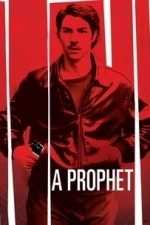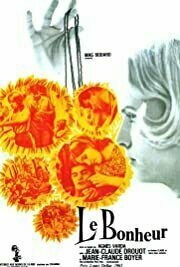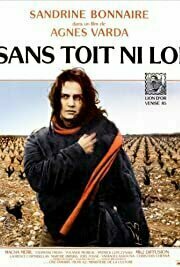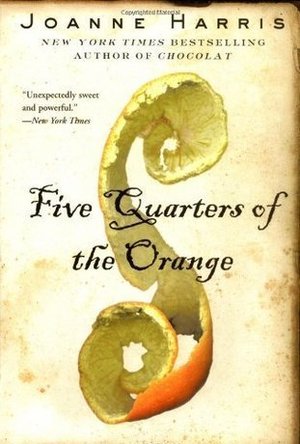Search
Search results
Jon Bernthal recommended A Prophet (Un prophete) (2010) in Movies (curated)
Justin Hawkins recommended track Voulez-Vous by ABBA in Gold: Greatest Hits by ABBA in Music (curated)
Lena Dunham recommended La Pointe Courte (1955) in Movies (curated)
Lena Dunham recommended Cleo From 5 to 7 (Cléo de 5 à 7) (1961) in Movies (curated)
Lena Dunham recommended Le Bonheur (1965) in Movies (curated)
Lena Dunham recommended Vagabond (1985) in Movies (curated)
The Chocolate Lady (94 KP) rated Five Quarters Of The Orange in Books
Oct 5, 2020
This is the story of Framboise – no, not a bottle of raspberry liqueur (thank heavens), but rather the woman by that name from a farm on the river Loire in the French village of Les Laveuses. This is partially the story of Framboise’s troubled childhood with her brother (named Casis), sister (Reine-Claude) and especially her unwell and widowed mother (who was, of course, an amazing cook) during the years of WWII and Nazi occupied France. It is also the story of her no less troubling old age – accounted from the time she returns to the village in her ‘retirement’, in order to open a creperie. You can read the rest of my review here. https://tcl-bookreviews.com/2015/02/22/the-last-squeeze-is-the-sweetest/

World Weather Forecast with Meteogram
Weather and Utilities
App
See the weather forecasts across iPhone and iPad for every part of world. You can choose between...








